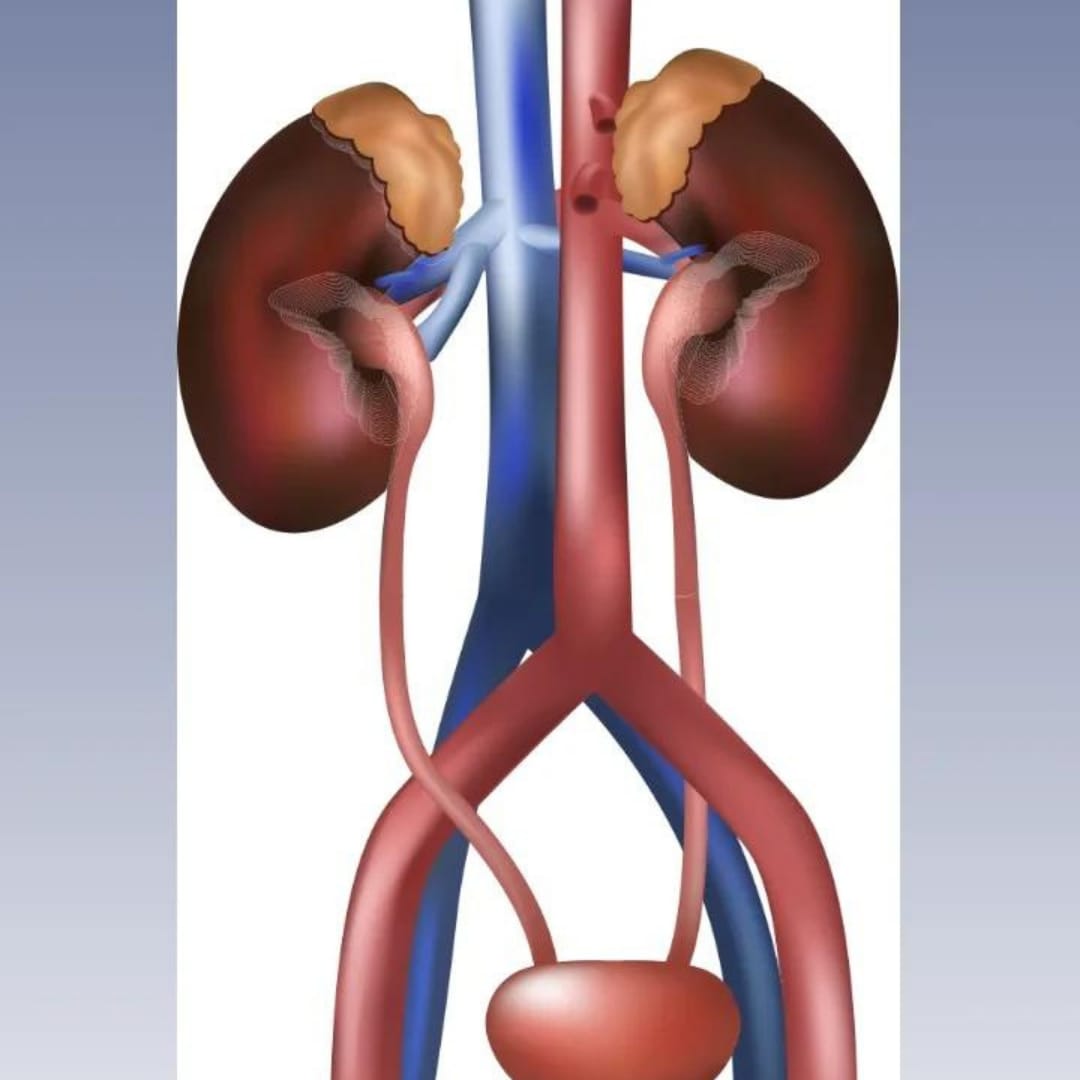WHAT IS UROLOGY?
Urology is the science that studies and treats urinary tract diseases of men and women (kidney, ureter, bladder, prostate, urethra) and men's sexual and fertility (having children) diseases (testicles, penis; infertility or sexual problems) and urinary incontinence diseases. is the branch.
It provides services with its experienced and expert staff for all examinations and treatment procedures of urology disease groups.
Blood and urine tests are frequently used to diagnose urological diseases. As a result of these tests, changes in the urine are revealed and the disease is understood.
Accordingly, it is determined how the treatment process will be.
The most frequently requested tests in the urology department are sperm analysis, investigation of tumor markers, bacterial and virus scans, and investigation of various protein enzymes. Additionally, samples can be taken and examined from other parts of the body for potential diseases that may arise due to urological diseases.
Treatment of urological diseases requires the knowledge and skills of the doctor as well as the use of new and innovative technology in interventional procedures. In our hospital, minimally invasive urological surgeries that require technology and experience are performed endoscopically and laparoscopically. Endoscopic (procedures using the body's natural cavities) treatment of prostate and stone diseases is performed using holmium laser and plasmakinetics. Varicocele surgery is performed using microsurgery, which is the gold standard in the world. Cancer surgeries are performed laparoscopically and endoscopically, depending on the disease. All necessary diagnosis (hormone analysis, penile doppler) and treatment (drug therapy, shock wave therapy, injection and surgery and penile prosthesis) methods are used for male sexual problems (erection, premature ejaculation).
WHAT ARE THE UROLOGY TOPICS?
Urinary Incontinence Treatment
Kidney and Urinary Tract Diseases
Bladder Diseases
Prostate Diseases
Diseases of the Penis and Testicles
Venereal Diseases in Men
Pediatric Urology
Gynecological Urology
Endoscopic Urology
Impotence
Prostst Health Index
immunotherapy
Infertility in Men
cystoscopy
Ureteroscopy
WHAT ARE THE DIAGNOSTIC METHODS IN UROLOGY?
Ultrasound (Urinary USG, Doopler USG, Transrectal USG)???????
Uroflowmetry (Voiding Test)
Computed Tomography (CT)
Genetic Tests
cystoscopy
Magnetic Resonance Imaging (MRI)
Voiding Cystourethrography (VCUG)
Urodynamics
PSA Test
Prostate Biopsy
WHAT DOES A UROLOGIST LOOK AT IN MEN?
Kidney, penis, testicle, bladder, adrenal and prostate gland cancers
Infertility
Kidney stone
kidney diseases
Prostatitis (inflammation of the prostate gland)
Prostate gland enlargement
Urinary tract infections (UTIs)
Enlarged veins or varicose veins in the scrotum
premature ejaculation
Impotence
Pain in testicles
WHAT DOES A UROLOGIST LOOK AT IN WOMEN?
Bladder, kidney and adrenal gland cancer
overactive bladder
Release of bladder into vagina
Kidney stone
interstitial cystitis
(UTIs) Urinary tract infections
urinary incontinence
WHAT DOES UROLOGIST LOOK AT IN CHILDREN?
Urinary incontinence
Problems and obstructions related to the urinary tract structure
Presence of undescended testicle
Swelling and redness on the foreskin
penis diseases
Other Transactions Performed in the Department
Bladder tumor surgery
Prostate cancer surgery treatment
Kidney and adrenal gland tumor/cyst surgery.
Pediatric urology is a branch separate from adult urology, which deals with urological problems especially in the childhood age group.
Circumcision hypospadias, undescended testicle, childhood urinary tract infections, urination disorders, enuresis, nocturna (night urinary incontinence), neuromuscular dysfunctions of the bladder, renal outlet (ureteropelvic junction) stenosis and vesicoureteral reflux (urine leakage from the bladder to the kidneys) are among the main subjects of pediatric urology. takes place.
In addition, minimally invasive and urological treatments of stone diseases are performed.




